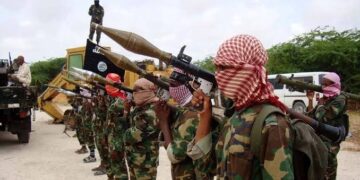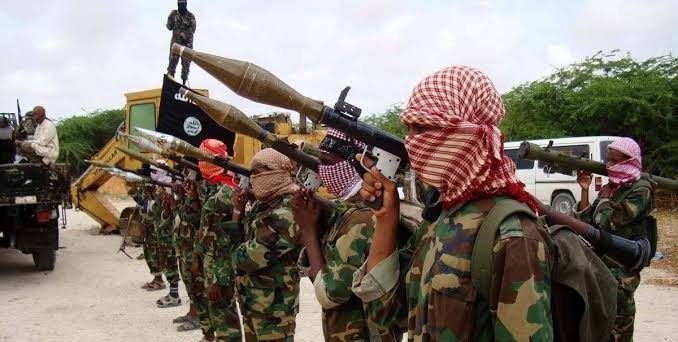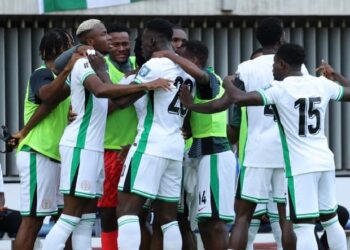By John Ikani
Somalia’s Parliament came under mortar fire on Monday as the country’s newly elected lawmakers were meeting for only the second time since taking office, an attack claimed by the Islamist militant group Al-Shabab.
Somalia’s newly elected members of Parliament were meeting Monday to approve procedures for the election of speakers when the grounds were hit by a mortar attack, injuring at least six people during the joint session.
The new members of the Senate and the House of the People were sworn in on Thursday after elections held more than a year behind schedule that were marred by deadly violence and a power struggle between the current president and the prime minister.
Officials and witnesses reported that shells landed inside the heavily fortified compound, but that no lawmakers were hurt. The explosions were also heard over the live stream of Monday’s lower house parliamentary session.
In a Facebook post, lawmaker and presidential candidate Abdirahman Abdishakur Warsame said several rounds were fired and several people wounded, including two of his bodyguards.
Somali militant group al-Shabab, in media posts, claimed responsibility for the attack.
The group has been waging an insurgency against the government in Mogadishu for over a decade.
“Today’s attempt was a cowardly act to frighten the Parliament which is within its constitutional obligation to ensure that the elections are over soon,” Somalia’s Prime Minister Mohamed Roble said and praised the lawmakers’ efforts to race against time to complete the electoral process that will soon culminate in the election of the president.
Before Monday’s attack, the upper house agreed to vote on April 26 to choose a speaker, with the lower house choosing its president the following day.
Some parliamentary seats remain unfilled but sufficient lawmakers have been sworn in to move the election process forward.
So far, 297 have taken the oath of office, from a possible 329 members for both houses.
Somalia has not held a one-person, one-vote election in 50 years.
Instead, elections follow a complex indirect model, whereby state legislatures and clan delegates pick lawmakers for the national parliament, who in turn choose the president.
Somalia’s indirect elections were delayed for months because of political wrangling between the prime minister and President Mohamed Abdullahi Mohamed, known as Farmaajo.
Farmaajo had sought to extend his term in office, but backed off under intense domestic and international pressure.
Al-Shabab has taken advantage of the political instability to launch a series of deadly attacks on Somali security forces and politicians.
Somalia’s lawmakers are expected to vote for the next President as early as May.




































